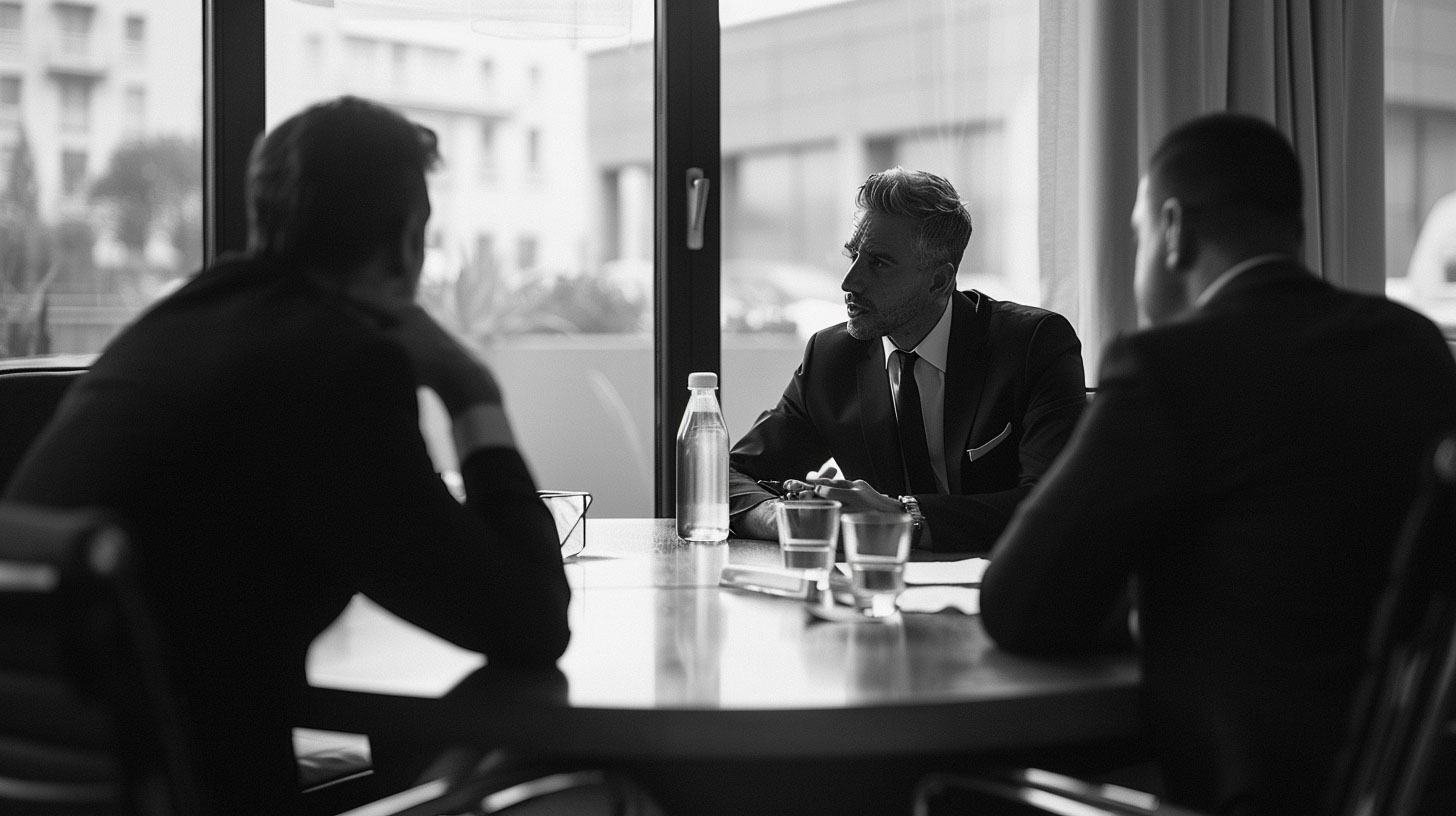The Democratic Republic of Congo (DRC) is a nation with a rich tapestry of natural resources, including minerals such as cobalt and diamonds. However, it is also a country that faces numerous challenges, including political instability, human rights violations, and widespread poverty. In this complex landscape, Non-Governmental Organizations (NGOs) have emerged as critical players in promoting legal advocacy and defending the rights of the Congolese people.
**Historical Context and Complex Legal Environment**
The DRC has a tumultuous history marked by exploitation, conflict, and governance challenges. The Belgian colonization, followed by post-independence turmoil and decades of dictatorship under Mobutu Sese Seko, have left deep scars on the nation’s political and legal systems. The Congolese legal framework, although elaborate, often suffers from weak enforcement and rampant corruption.
Given these challenges, NGOs have stepped in to fill the void, advocating for legal reforms, supporting human rights, and offering legal assistance to marginalized communities. Their role is indispensable in a country where formal legal mechanisms are often inaccessible to the majority of the population.
**Types of Legal Advocacy Initiatives**
Legal advocacy by NGOs in the DRC can be categorized into several key areas:
1. **Human Rights Advocacy**: Numerous NGOs focus on addressing human rights abuses, which are unfortunately prevalent in the DRC. Organizations such as Human Rights Watch and Amnesty International work on documenting violations, raising awareness, and putting pressure on both national and international bodies to take action.
2. **Women’s Rights and Gender Equality**: The DRC has one of the highest rates of sexual violence in the world. Various NGOs, including local groups such as the Panzi Foundation, provide legal support to survivors of gender-based violence and advocate for policies that protect women’s rights.
3. **Children’s Rights**: Child soldiers, child labor, and lack of access to education are critical issues in the DRC. NGOs like Save the Children and UNICEF engage in legal advocacy to protect children’s rights and ensure their access to education and safe environments.
4. **Environmental Advocacy**: Given the country’s vast natural resources, environmental degradation and illegal mining are significant challenges. NGOs work on various fronts to promote sustainable practices and ensure that local communities benefit from the resources rather than being exploited.
5. **Access to Justice**: For many Congolese, accessing justice is a daunting task. NGOs provide legal aid services, educate communities about their legal rights, and sometimes even represent individuals in court.
**Challenges Facing NGOs**
Operating in the DRC comes with its own set of challenges. **Security Concerns**: Many NGOs operate in conflict zones where their staff are at risk of violence. **Limited Resources**: NGOs often face financial constraints, hindering their ability to reach more people and carry out extensive legal campaigns. **Government Resistance**: At times, the government may view these organizations with suspicion, complicating their operations.
**Success Stories**
Despite these challenges, there have been notable successes. Advocacy efforts have led to some legislative changes, such as the enactment of new laws to protect women and children. Litigation led by NGOs has resulted in convictions for human rights violations, setting important precedents and bringing justice to victims.
**Conclusion**: A Hopeful Future
In a country as complex as the Democratic Republic of Congo, the role of NGOs in legal advocacy is both critical and multifaceted. These organizations serve as beacons of hope, ensuring that even the most vulnerable populations have a voice. While the road ahead is fraught with challenges, the dedication and resilience of these NGOs offer a promising path toward a more just and equitable society in the DRC.
The Crucial Role of NGOs in Legal Advocacy in the Democratic Republic of Congo (DRC)
Non-Governmental Organizations (NGOs) play a vital role in legal advocacy within the Democratic Republic of Congo (DRC). These organizations work tirelessly to promote human rights, access to justice, and the rule of law. Here are some useful links to main domains of reputable organizations and resources relevant to this topic:
Human Rights Watch
Amnesty International
Freedom House
The Carter Center
Global Witness
International Commission of Jurists
United Nations
International Committee of the Red Cross
USAID
These organizations provide extensive resources and reports on the situation in the DRC and the impact of legal advocacy efforts by NGOs.
